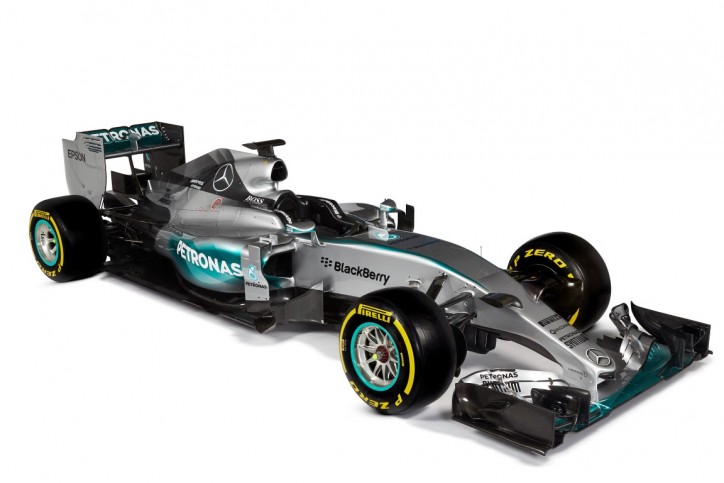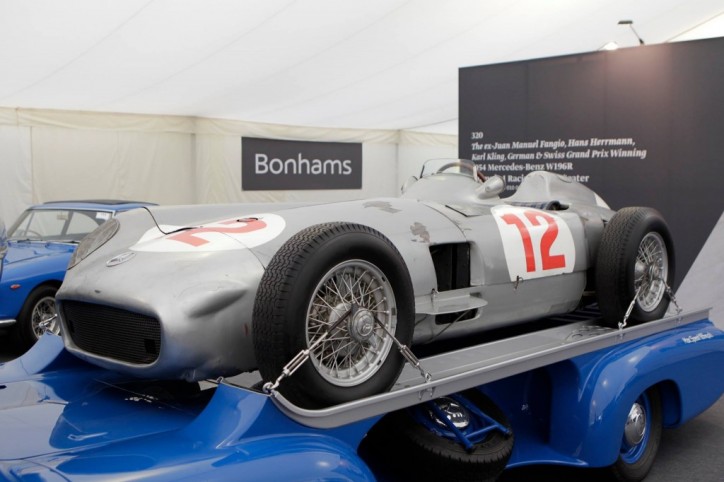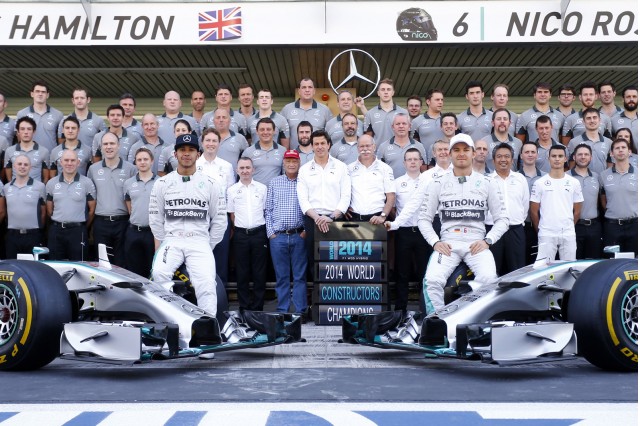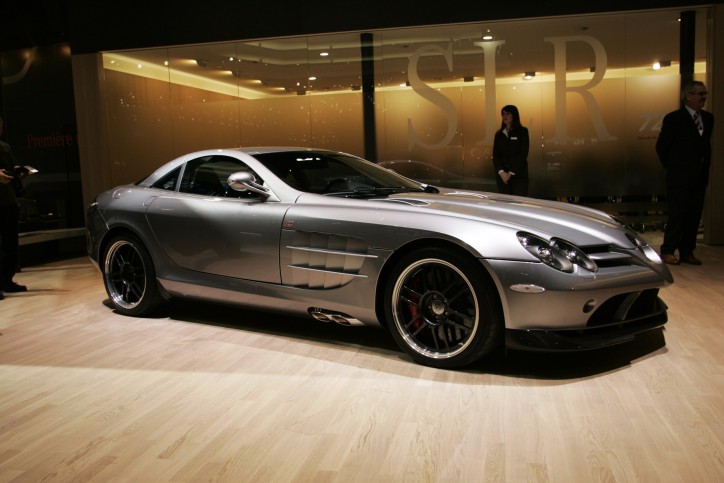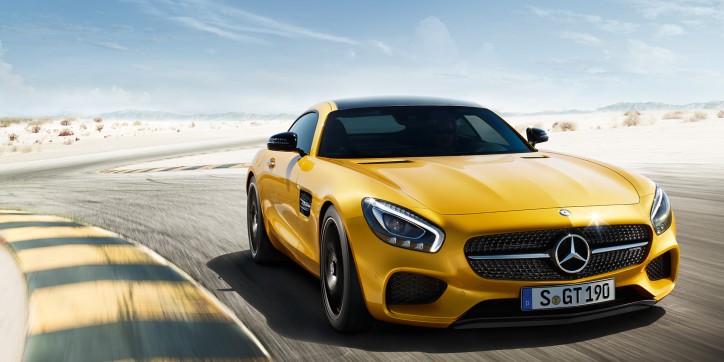The Impact Mercedes F1 Success has had on Mercedes Road Cars
Giancarlo Perlas February 9, 2016Mercedes-Benz has long been involved in motorsports—from sports car racing and rallying to the high-speed adrenaline of Formula One. F1 has been the premier form of single seater racing since it began in 1950. Today, many of the teams’ cars use Mercedes engines, and the brand can boast current three-time world champion Lewis Hamilton as a driver for Mercedes-AMG Petronas team.
So how has Mercedes’ success in F1 impacted on its road cars? Here, we look back at how our love of the German brand has evolved over the years:
Mercedes’ First F1 Team
Mercedes debuted in Formula One in 1954, running a team for two years. After Mercedes won its first race at the 1954 French Grand Prix, its driver Juan Manuel Fangio went on to win the 1954 and 1955 Drivers’ Championships. However, Mercedes-Benz withdrew from motor racing in response to the 1955 Le Mans disaster and did not return to F1 until 1994, re-joining as an engine supplier with Ilmor.
Mercedes in F1 Today
Mercedes engines can currently be seen in several team cars, including Williams, Force India and Manor, as well as in the Mercedes AMG Petronas Formula One team. Alongside champion Hamilton, Mercedes also has another hugely successful driver in Nico Rosberg who has been the runner-up in the Championships only to Hamilton for the last two years. Mercedes engines have won four Formula One Constructors’ Championships and six Drivers’ Championships.
Impact on Its Road Cars
Due to its success in F1, Mercedes name has become synonymous with speed and engineering excellence. YouGov Brand Index data shows how its success in the sporting arena has had an impact on the overall Mercedes brand. Many of those who claim to be motorsport fans appear to also be more likely to drive a Mercedes-Benz car. It’s an aspirational brand that those learning to drive for the first time will dream of working their way towards.
Mercedes Road Cars to Date
2015 was the best ever year for the UK automotive industry, with more than 2.6 million new cars registered over 12 months—the highest number on record. According to carbuyer.co.uk the Mercedes C-Class saloon is one of the top ten selling cars in the UK for 2015, due in no small part to the popularity of its use as a company car. In 2015, China became the most-important single-country market for Mercedes Benz. Mercedes Benz sales in China were up by a third in 2015. The Chinese market growth is, in part, associated with the introduction to a Grand Prix being held there since 2005.
Even without being a fan of motorsport it’s agreed that Mercedes has a strong worldwide brand regardless of its F1 success. Increased coverage and attention drawn to the brand is also thanks in part to the success of its drivers such as Lewis Hamilton. In short, its F1 activity has established Mercedes as a brand that is associated with excellence across drivers young and old.



